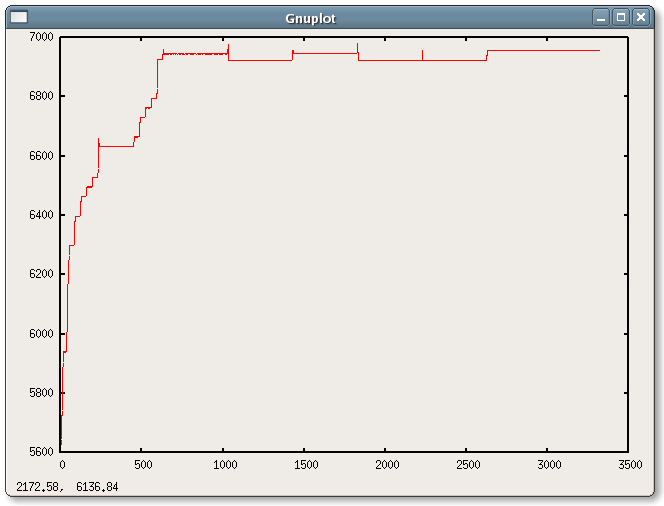In 2007, two different major memory leaks have been identified:
1) Eric Pellegrini showed that a loop over figure(); close() leaks. I have verified that this occurs with any interactive backend, but not with non-interactive backends. This may be the same problem that was reported in other messages, such as one by Dylan Passmore in January.
2) There is a recent thread "Re: Memory leak in basemap or matplotlib" showing that even with a non-interactive backend, a seemingly-pointless call to cla() is needed to prevent a leak.
I would like to suggest that we try harder to solve these problems ASAP. This kind of malfunctioning at the core of mpl worries me.
I have spent quite a bit of time trying to figure out (1), and I have tracked it down to the NavigationToolbar2. Eliminate the toolbar by putting None in the rc slot, and the memory leak vanishes. It looks to me like some explicit call to a destroy method may be needed to dismantle the toolbar when a figure is closed and/or deleted. I suspect that each gui toolkit is keeping references to components, and the toolbar is not getting the word when the window is destroyed. gc.garbage verifies that the toolbar components are what get left behind.
So, I hope a gui toolkit backend wizard can step forward and say, "Of course, we just need to put a __del__ method here with a call to destroy()", or something like that.
I have spent much less time on (2), and made no progress.
We are relying very heavily on the gc--mpl has cyclic references all over the place. Is anyone sure that we don't need explicit gc support in any of the extension code? Can *everything* in the extension code be handled correctly with reference counting? Is this independent of how things defined in extension code are used at the python level?
It is not clear to me that gc debugging methods even allow one to see problems in extension code that do not have some degree of gc support. The standard documentation of the gc module and the gc C API is minimal.
Eric
